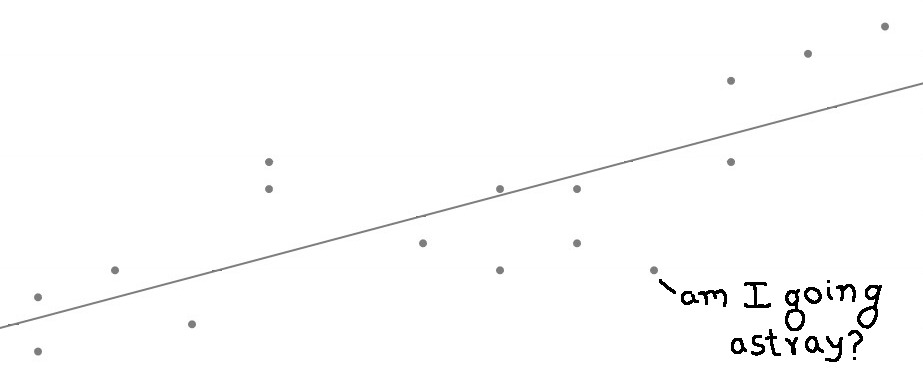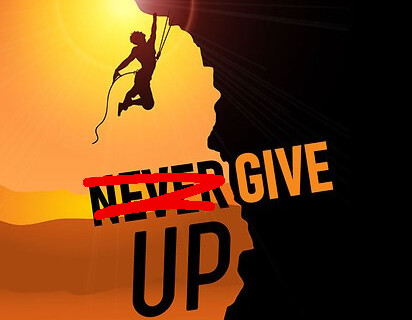I Spent 100 Hours On My Portfolio: Then I Deleted It.
They say consistency is key — but sometimes it is a lock.
It was the summer of 2020. I had just started learning using React (and hating JavaScript). I was working for a mentor and applying my knowledge en route, gaining a lot of experience along the way. But I was a beginner and enterprise application development isn’t a game rookies can play. So I put on my training shoes.
I decided to learn a bit more of React# by building a portfolio website using it. ### The Challenge Roughly a week after I started making my site I had already almost finished it. But I realized that I hadn’t really learned much of React. I figured that I had to give building the portfolio at least one hour every day, consistently, just in order to learn more. I took that a challenge and in no time my simple one-page portfolio had turned into a full-stack portfolio site, with a blog and everything, all hosted on Firebase.
After working on my portfolio for 4 months, almost putting in an hour every single day, I started to realize that my site was getting less and less attractive. After putting more than 100 hours into it I decided to stop. And not much later, I deleted the project entirely. Something I regret now, since the project would’ve been a great example of a simple fact:
Consistency isn’t always key.
I learned it the hard way, something you definitely don’t want to do. So here are some key takeaways from my blunder: ## 1. Consistency is a direction, not a magnitude. Are you going astray?

People often imagine that being consistent would always lead them to success, but they’re often not heading towards success in the first place. In my case, my goal was learning React, but I ended up shifting it to making my site have more functionality.
2. Adaption is important.
Consistency can lead to rigidity if it prevents adaptation to changing circumstances. Don’t let yourself get biased by your status quo.
Maybe I should’ve changed my approach entirely in order to learn React — making many small project instead of one big project would’ve been much better. That way, if I felt like things weren’t working out the way I was trying to grasp them, I would’ve tried a new approach for learning things in latter projects.
3. Seek help.
This is something I personally struggled with till very recently. In this case particularly I could’ve followed a roadmap, or asked for help on some forum, or maybe I could’ve followed one of the million free online courses. Giving one hour to learning and applying concepts consistently would’ve been much more helpful than the monstrosity I made.
There are resources out there for almost everything, and now that we have AI tools on top of that, there’s nothing stopping you from overcoming hurdles.
4. Take breaks.
People don’t hear this often. Being consistent doesn’t mean you shouldn’t take breaks. A mind conditioned to the same environment all the time stops thinking out of the box. What’s important is not getting carried away.
I was definitely starting to feel burnt out from making my portfolio site. I remember seeing code in my dreams back then because of how obsessed I was with being consistent and work hard.
5. Know when to give up.
This isn’t bad advice. Sometimes you just aren’t cut out for something. It’s useless to find happiness where you don’t belong.
As long as it’s not an excuse for laziness, giving up is okay sometimes. There’s no point in consistently failing. This is something students need to hear probably. Here’s a motivational stock image just in case.

<br>{=html} To conclude, I did end up learning React the right way, although
it took me some more time. But more importantly I learned a much more valuable
lesson. I can only hope that I don’t make the same mistakes again, but knowing
me I’d be making them, well, consistently.
Ouch.
Notes:
- [I actually used Preact which is much more lightweight, something I still prefer over React to this day.]{#citation-1 markdown=”1”}
- My current portfolio is much simpler than the eldritch horror that I made, including the blog that comes with it. If you’re early enough it’s still under construction.
- I don’t actually hate JavaScript much. It’s fun to pretend, though.